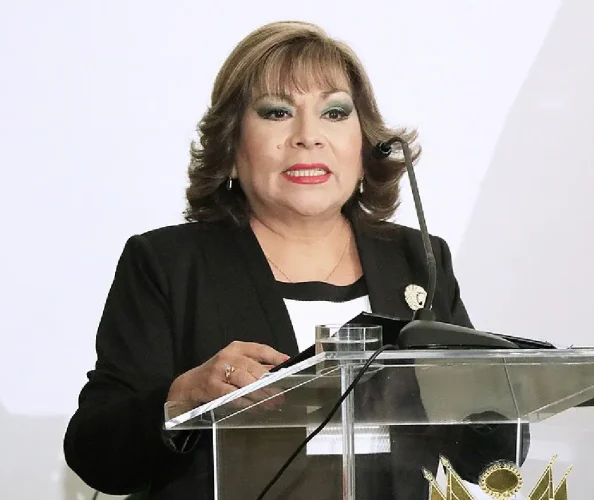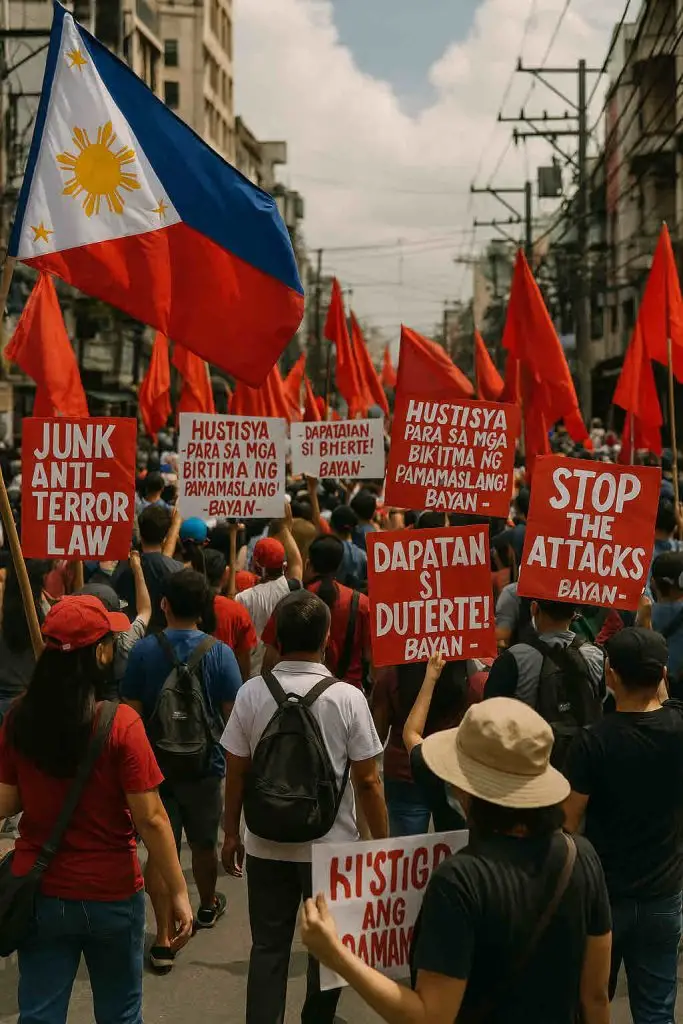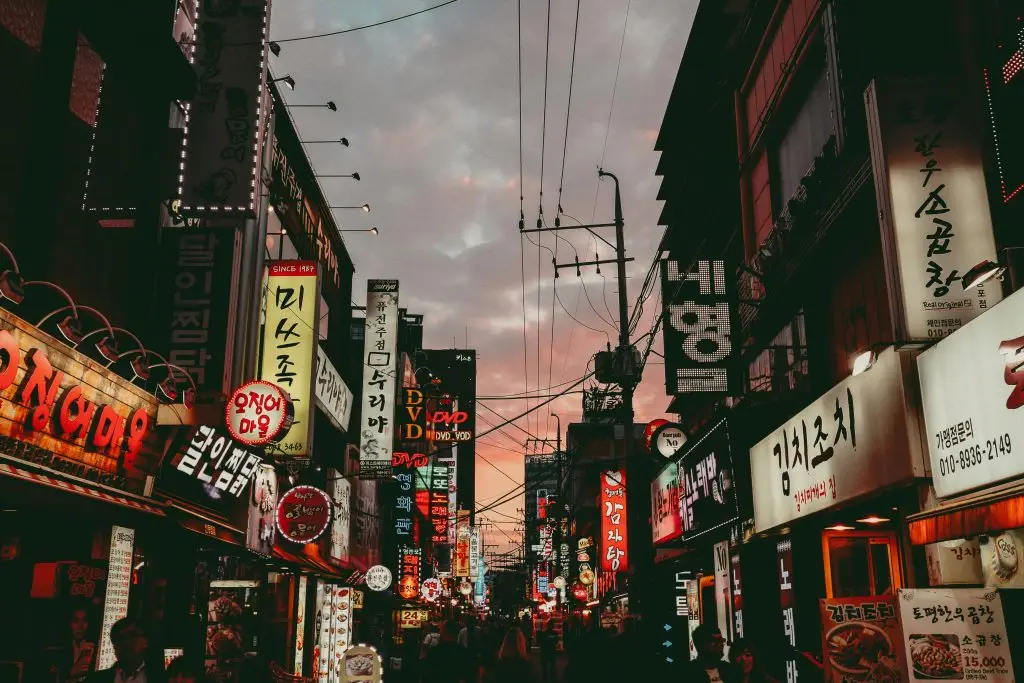
Rodrigo Duterte, the former Philippine president currently facing ICC charges for crimes against humanity related to his “war on drugs,” will likely have a hard time with Judge Luz del Carmen Ibáñez Carranza presiding over his ongoing appeal challenging the court’s jurisdiction.
Background on the Case and Judge’s Role
Duterte’s defense team appealed a recent Pre-Trial Chamber ruling (October 23, 2025) that affirmed the ICC’s jurisdiction over alleged murders committed in the Philippines from 2011–2019, despite the country’s 2019 withdrawal from the Rome Statute. The appeal seeks his immediate release from detention in The Hague, where he has been held since his March 2025 arrest. On October 29, 2025, the ICC Appeals Chamber appointed Ibáñez Carranza as the presiding judge for this matter, making her responsible for managing proceedings, including related requests for interim release and potential disqualification motions.
Why drawing this Judge was bad luck – Key Factors from Ibáñez Carranza’s Record
A Peruvian judge serving at the ICC since 2018 (term ends 2027), Ibáñez Carranza has a prosecutorial background that aligns closely with the allegations being made against Duterte: systematic killings as crimes against humanity. Before joining the ICC, she spent over three decades as a prosecutor in Peru, specializing in:
- Terrorism cases, including the conviction of Shining Path leader Abimael Guzmán after a landmark trial.
- Grave human rights violations, such as extrajudicial executions, forced disappearances, genocide, torture, and sexual violence in non-international armed conflicts, often prosecuting high-ranking military and political officials, including former heads of state, such as former Peruvian President, Alberto Fujimori.
At the ICC, she has contributed to Appeals Chamber decisions in major cases, including:
- Affirming convictions for warlords like Bosco Ntaganda (Congo) and Dominic Ongwen (Uganda) on charges of murder, rape, and other atrocities.
- Dissenting in the 2020 Afghanistan case to argue forauthorizing investigations into alleged military atrocities there, emphasizing victims’ rights to justice.
She has also prioritized victim reparations and participated in rulings advancing ICC probes into powerful actors, such as authorizing investigations into US personnel in Afghanistan and arrest warrants for Israeli officials, decisions that drew US sanctions against her in June 2025. In the Duterte case specifically, she has already presided over motions, including the October 2025 disqualification of ICC Prosecutor Karim Khan for perceived bias (due to his prior involvement in Philippine drug war communications), ensuring the case proceeds under Deputy Prosecutor Mame Mandiaye Niang without delay.
Challenges for Duterte’s Defense
- Victim-Centric Approach: Ibáñez Carranza’s emphasis on human rights victims (e.g., her work with the Inter-American Commission on Human Rights) could favor arguments from over 1,000 drug war victims’ representatives, who oppose Duterte’s release, citing flight risk and witness intimidation. The Pre-Trial Chamber already denied his interim release in September 2025 on these grounds, and her oversight may reinforce that.
- Jurisdictional Stance: As part of the 2023 Appeals Chamber that rejected the Philippines’ bid to halt the probe, she has shown willingness to uphold ICC authority in cases starting pre-withdrawal (from the Rome Statute).
- Health and Fitness Claims: Duterte’s team argues his age (80) and cognitive decline make him unfit for trial, with a decision expected mid-November 2025. However, Ibáñez Carranza’s history in complex, high-stakes trials suggests she would scrutinize such claims rigorously, especially given prosecutorial experience with aging defendants in human rights cases.
- Broader Context: Recent X discussions (e.g., from Filipino journalists and outlets like @ABSCBNNews and @Politiko_Ph) frame her appointment as unfavorable to Duterte, highlighting her expertise in victim justice for drug war-style atrocities.
While the full five-judge Appeals Chamber (including Ibáñez Carranza) will decide the outcome, her role as presiding judge gives her significant influence over scheduling, evidence handling, and procedural fairness—areas where her prosecutorial lens could tilt against Duterte’s narrative of sovereign immunity and personal hardship. No public indications suggest bias toward leniency; instead, her track record points to accountability for leaders accused of mass atrocities. The appeal’s resolution could come in late 2025 or early 2026, potentially paving the way for a confirmation of charges hearing if upheld.


